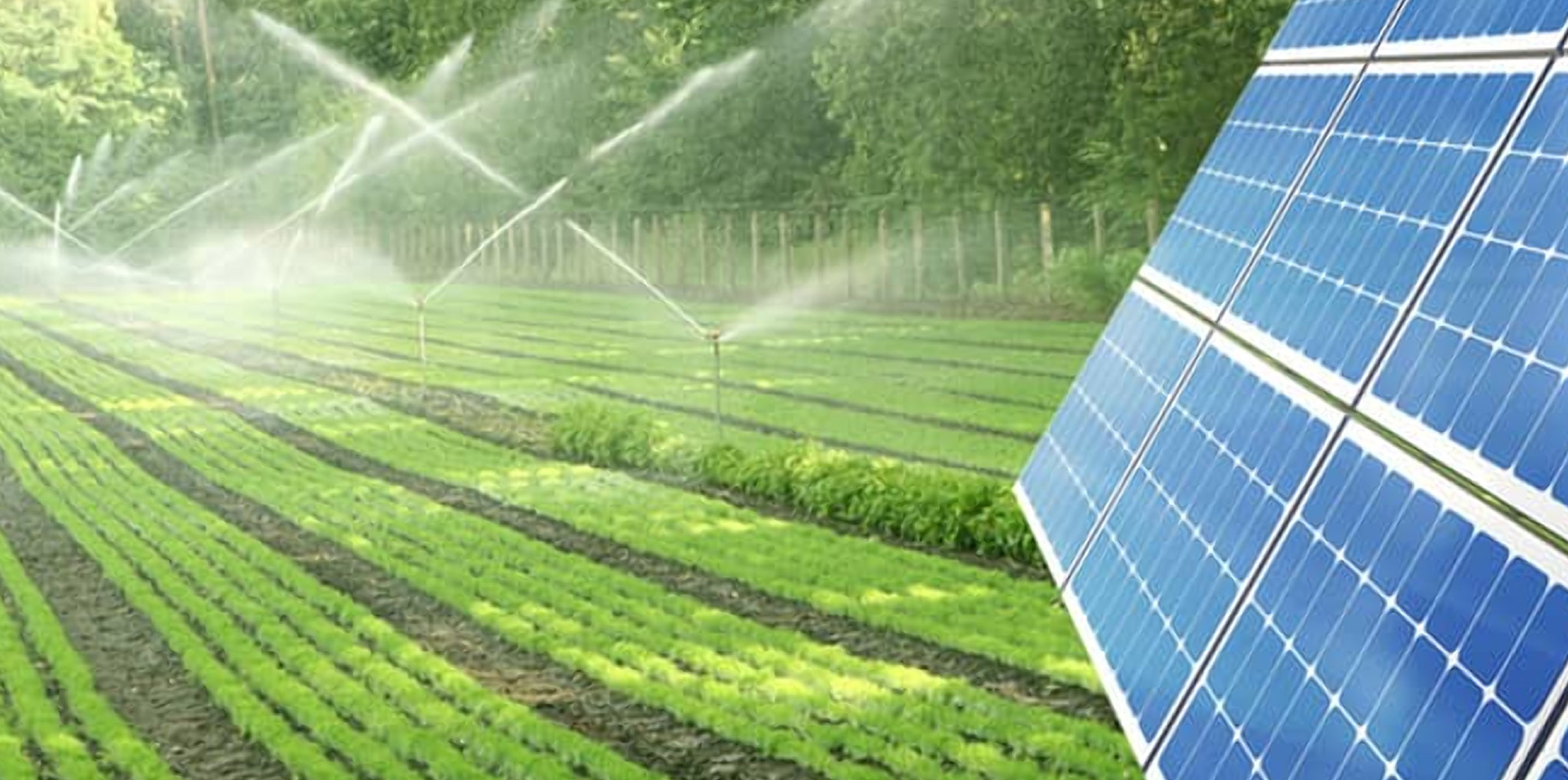
Scanning the potential of
solar powered agribusiness
models in Zimbabwe
Zimbabwe has an average solar irradiation of 5.7 kWh/m /day, however, despite the huge potential presented through solar energy, like most developing countries, the country, is faced with energy poverty especially in off-grid rural areas where agriculture is the backbone of the economy. Many of the areas where rural poverty is prevalent depend on rain-fed agriculture and are therefore vulnerable to climate change effects. In these areas, solar powered irrigation farming can be transformative. Solar powered irrigation potentially provides a cost-effective and sustainable way to sustain rural livelihoods, improves nutritional outcomes and strengthen smallholder farmers’ resilience to climate change. Achieving such a desired state requires improved policies, institutions and inclusive business models that are tailored to meet the needs and realities of smallholder farmers whilst being profitable from private sector perspective. Nevertheless, the lacked viable business models to enable the inclusive and sustainable uptake of solar powered irrigation in Zimbabwe.
It is against the above background that the Center for Agriculture and Food Policy conducted an in-depth review of available evidence on viability, challenges and accessibility of solar powered irrigation among smallholder farmers. The proposed business models were based on farmers’ experiences and existing reviewed evidence on what works well in up-scaling solar powered irrigation initiatives. Synthesis of potential gains and pains suggests that direct individual purchase of solar powered irrigation system by smallholder farmers proves to be viable. However, this is supposed to be linked to guaranteed lucrative market access for farmers to enjoy high returns on investment.
Key Impacts
- CAFP recommendations provided a viable and inclusive business models to increase uptake of solar powered irrigation systems.
- Detailed opportunities and policy areas which need further attention to ensure wide uptake of solar powered irrigation by small holder farmers to sustain their livelihoods as food and nutrition outcomes
Engaging audiences and readers
In which ways is solar energy changing lives in your communities?